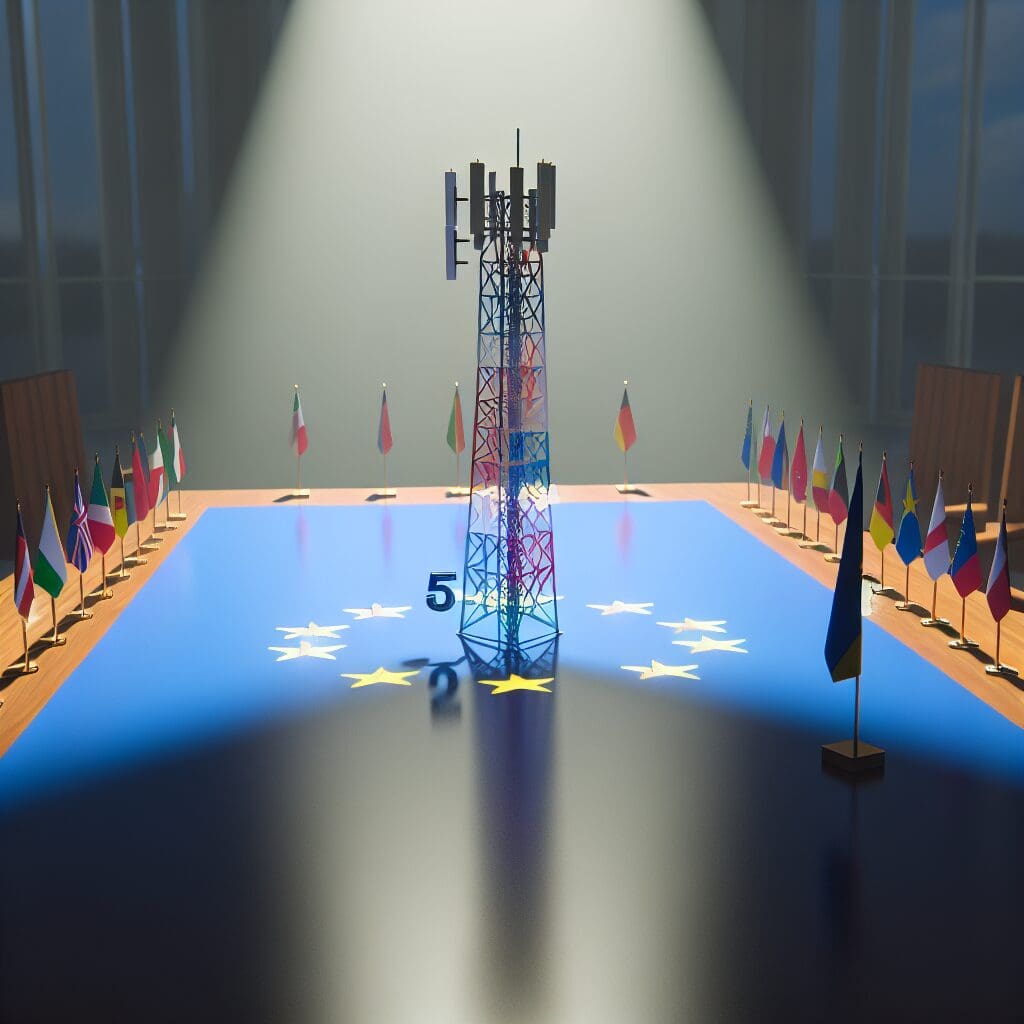The regulation of high-risk 5G telecom suppliers has become a contentious issue within the European Union. As member states prioritize national security, economic interests, and diplomatic relationships, their approaches diverge significantly. For instance, countries like Germany and France advocate for stringent regulations on suppliers from nations perceived as security threats, particularly China. This has led to limitations on companies like Huawei and ZTE, which have been at the center of debates concerning cybersecurity risks.
In contrast, other countries, including Hungary and Greece, display a more lenient stance towards these suppliers, citing the necessity of competitive pricing and technological advancement. The divide illustrates a lack of consensus within the EU, complicating efforts toward a unified strategy. Recent discussions in Brussels have highlighted the need for a balanced approach—one that ensures security without dragging down innovation and investment in critical infrastructure.
To navigate potential risks while fostering a competitive telecom landscape, EU nations must consider collaborative regulatory frameworks that respect individual state policies yet work towards a common goal of security and sustainability. As debates continue, the EU’s future technological landscape remains uncertain, reflecting broader global tensions and the urgent need for cohesive action in the face of emerging risks.












